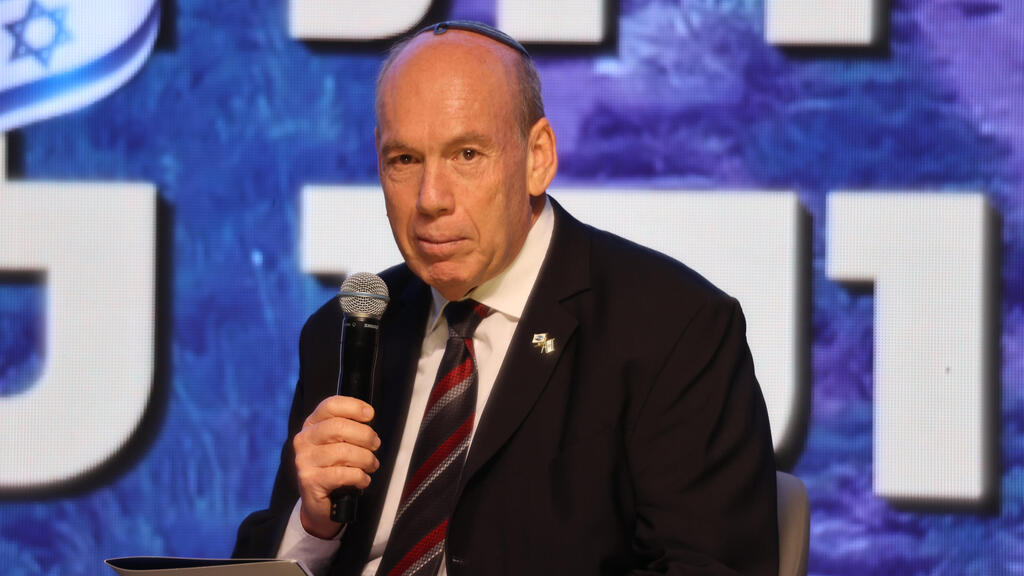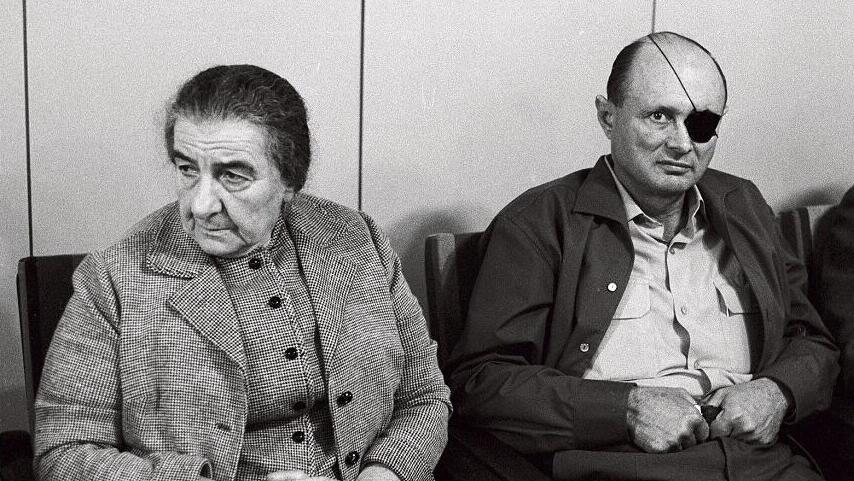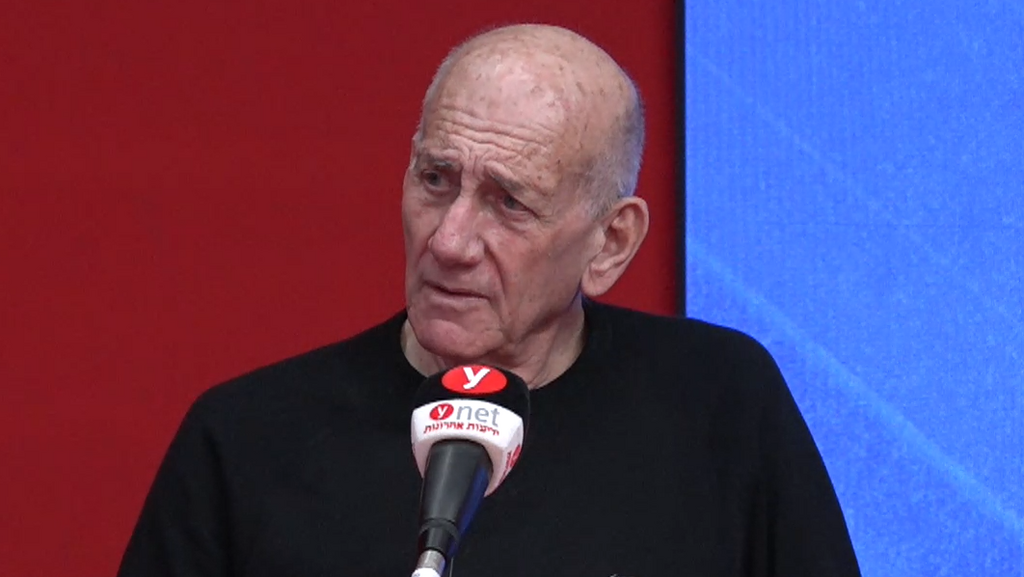Israel is currently facing one of the greatest disasters in its history. The Israeli public is rightfully seeking answers: How did the State of Israel, having the world's top military intelligence capabilities, get surprised in such a manner as happened on October 7?
More stories:
How did the Hamas terror organization develop such significant military capabilities? Where were the military forces on the morning of October 7? How did defenses built around the Gaza Strip, costing billions of shekels, collapse? And above all - who's responsible for these severe failures, and will the responsibility also be placed on Prime Minister Benjamin Netanyahu and the coalition's ministers?
What are the legal options for investigating the events of October 7?
Israeli law recognizes several possible mechanisms for probing serious events and disasters. At one end, there is the public inquiry. This is a special committee chaired by a judge, with its members chosen by the President of the Supreme Court, not the government.
This committee has special and broad powers regarding the calling of witnesses, collection of evidence, issuing of search warrants, gathering of investigation materials, issuing of warnings to those who may be affected by the investigation or its results, and providing both systemic and personal recommendations.
At the other end, there is the Government Inquiry Committee, appointed by a minister or the prime minister to examine matters within its jurisdiction. Such a committee doesn't have any legal authority to collect investigation materials or summon witnesses.
In between these options, there is the governmental Examination Committee with powers under Section 8a of the Basic Law: The Government. If a retired judge is appointed as the committee's chair, with the approval of the government, the justice minister may grant limited powers to the committee, such as the power to summon witnesses.
Additionally, there is the State Comptroller, who has already announced that he's conducting an audit of the events leading up to October 7. However, State Comptroller Matanyahu Englman clarified that the state comptroller's audit won't affect the actions of any inquiry committee that will be established in the future.
What happened in previous wars? Was responsibility imposed on the prime minister?
Following the Yom Kippur War, a public inquiry was established under the leadership of Supreme Court President Judge Shimon Agranat. The Agranat Commission determined that then-Prime Minister Golda Meir and Defense Minister Moshe Dayan held no responsibility for the war.
However, the commission did place responsibility on the heads of the IDF (including the IDF Chief of Staff, the Head of the Military Intelligence Directorate, and the IDF Southern Command chief), stating that they bore responsibility for the failures, and therefore recommended their dismissal.
After events that took place in the First Lebanon War in 1982, a public inquiry was appointed under the leadership of Judge Yitzhak Cohen. The committee looked into the massacre in refugee camps in Lebanon and concluded that no Israeli entity - whether from the government or the military - was directly responsible for the massacre.
However, the Cohen Committee established another type of responsibility - indirect responsibility. This means a case where a person holding authority didn't take necessary actions to prevent a failure or a case where a person in a position of power acted according to a negligent assessment of the results of his actions.
The Cohen Committee determined that then-Prime Minister Menachem Begin and Foreign Minister Yitzhak Shamir bore some indirect responsibility for the war, but no personal recommendations were made against them.
Furthermore, the committee determined that then-IDF Chief of Staff Rafael Eitan and Defense Minister Ariel Sharon had indirect personal responsibility, and recommended Shraon's dismissal. Additionally, the committee also recommended holding then-Military Intelligence Directorate Chief Yehoshua Sagi accountable and removing him from his position.
After the Second Lebanon War in 2006, then-Prime Minister Ehud Olmert attempted to avoid establishing a public inquiry and tried to set up a governmental investigative committee instead. This move sparked public criticism, and eventually, the Olmert government appointed an inquiry commission led by Justice Eliyahu Winograd.
The commission determined that Olmert, then-Defense Minister Amir Peretz, and IDF Chief of Staff Dan Halutz failed in their roles. The committee determined Olmert "was responsible for the lack of clear and cautious war objectives. He was ministerially and personally responsible for lapses in decisions made and for the process of taking them."
How will the events of October 7 be investigated?
The State Comptroller, as mentioned, has already begun the audit process, but it seems that public pressure will require decision-makers to establish a public inquiry commission with extensive investigative authority following the war.
 Dr. Matan GutmanPhoto: Shlomi Yosef
Dr. Matan GutmanPhoto: Shlomi YosefAny attempt by the government to establish a limited inquiry committee and appoint its members, won't be accepted by the public, and such a decision is likely to be rejected by the Supreme Court as well.
- Dr. Matan Gutman is a lawyer, Ynet's legal analyst, and an expert in constitutional law, administrative law, and human rights law.






